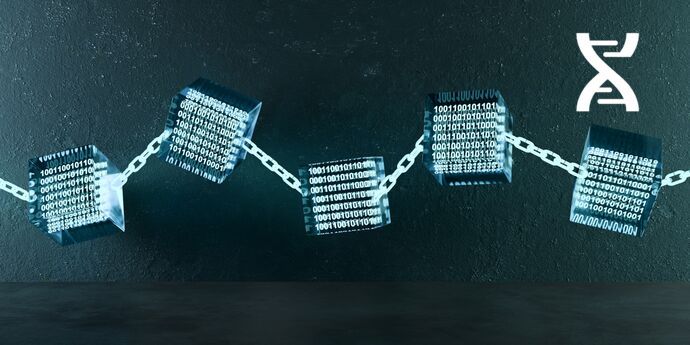What are the advantages of the BlockChain?
It's a decentralized system that traces the history of all actions established between users, grouped together in validated, time-stamped blocks.
Blockchain is not limited to finance, with which it is often associated, as it can be used for any transaction requiring traceability and visibility. Blockchain is free of rights, and the system's collective verification ensures its high degree of security and speed. Depending on whether it is public or private, it is accessible to all or only to authorized persons, enabling each user to validate his or her part of the chain. It's like an accounting ledger shared transparently, unforgeable and indestructible, and therefore highly secure.
Blockchain is based on P2P (peer-to-peer) logic.
This is a way of organizing computer systems where connections are created by mutual agreement between interacting "peers", in the form of file sharing. This logic generates a relational dynamic that enables the sharing of resources with usage value. In the food industry, for example, BlockChain is justified for error-free traceability of foodstuffs throughout the supply chain, from production to the end consumer. This incorruptible transparency makes it possible to identify the exact origin of contaminated products at any given time, and to react swiftly if necessary.







